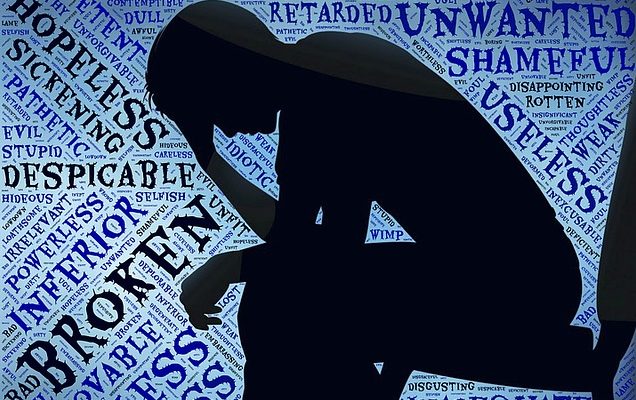Depression is one of the most common mental disorders. According to National Institute of Mental Health, 6.7% of all US adults aged 18 or over (about 15.7 million people) suffered at least one major depressive episode in the past year. Many more people have episodes that don’t fit the DSM-5 definition of Major Depressive Disorder, but are still painful and debilitating.

CC0 public domain image from pixabay.com
Disease or state of mind?
People commonly ask: is depression a “disease,” or simply a “state of mind.” This is more than an academic question: our understanding of the roots of the disorder profoundly effects how we treat it. Identifying it as a disease means we’re using a medical model to understand what’s happening. We know that sometimes, your brain physically malfunctions. If it’s a medical problem, then we need a medical solution.
But the causes of human thinking, feeling and behavior are incredibly complex and cannot be reduced to simple biochemical processes. We clearly must take a more nuanced approach to treating mental disorders than we do with something like a virus.
Depression is a difficult, multi-faceted condition, that affects people in different ways. It’s much more than just “feeling sad”: the DSM-5 lists nine different symptoms of major depression, from insomnia to suicidal thoughts, that you might experience. Few suffer from all of them, and many experience only a few. And our treatment of depression varies greatly, depending on the sufferer. Sometimes, it simply goes away on its own. Other times, we can use medication to restore a client to his or her normal outlook on life. (Of course, not everyone responds to the same medication in the same way, so that’s another variable.) And for others, therapy — short-term, long-term, or somewhere in between — works. Finally, many respond best to a combination of therapies.
Help for depression is available
The bottom line, it seems, is that, like most mental illness, our understanding of depression, and how to best treat it, is frustratingly inexact. There’s even evidence that which type of treatment works best depends on the roots of the depression. The most important lesson, however, is simply that regardless of how you define it, depression can be treated successfully. You can get help to reduce your suffering.